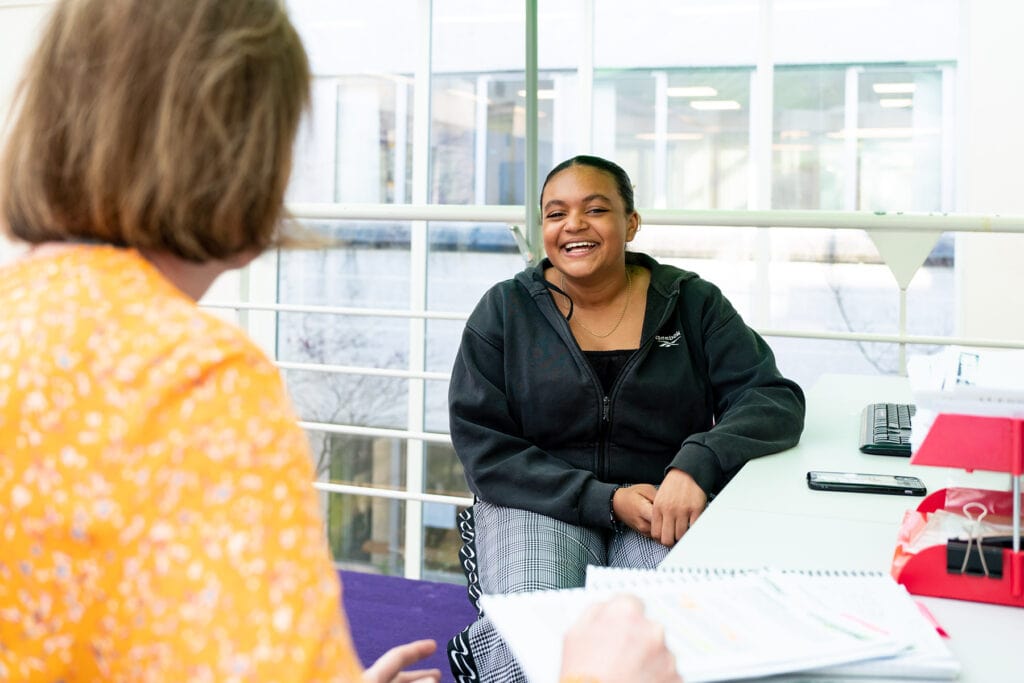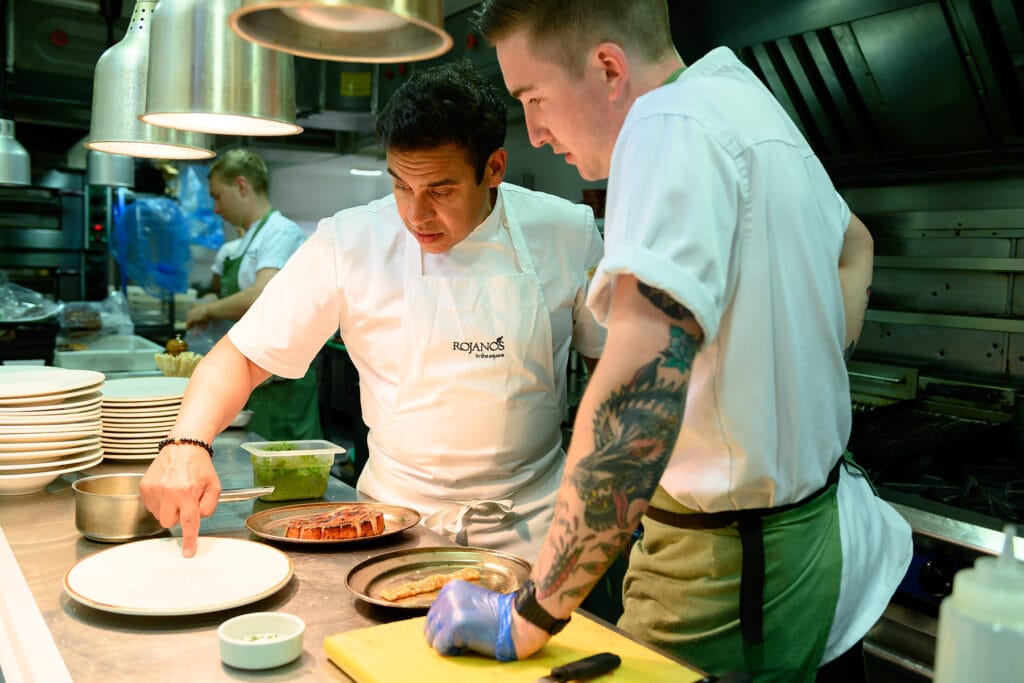New students starting in September: You can find more information about Induction days and submitting your GCSE results in our Start of Year Guide.
Revision tips, how to manage exam stress, it's all here in this guide. Our staff give expert tips on how to ace your exams!
Share with your friends
It’s normal to feel nervous about your exams. You may be wondering how to manage the stress and revise effectively. No need to worry, our revision tips and tricks will have you feeling better about your exams in no time!
No two people revise in the same way; there’s no one singular way to revise. Some people prefer to revise alone, some prefer to revise with friends or family. Start revising as early as possible so you can figure out what revision techniques work for you; you may find that different techniques work for different subjects. If certain methods aren’t working for you, try asking your friends how they revise.

A popular revision method is called the Pomodoro Technique. You set a timer for 20-25 minutes and work until the timer runs out, after which you take a 5-10-minute break. You then repeat this work-break cycle 3 times, after which you take a longer break of 20-30 minutes. This technique is said to aid assimilation, which is where your brain incorporates the information into an already existing framework that it has. It also helps you to revise in short bursts rather than spending long hours working.
You can organise a study group with your friends if you find you work better in a group. You can work through past papers together and help each other on the questions, or use flash cards to test each other and identify gaps in your knowledge. You can even make the revision more fun by making study-based games or quizzes and rewarding yourself once you’ve worked hard. Be sure to make groups with friends who want to study, rather than ones who will distract you.
Always be aware as to what will be on your exam. Don’t waste your time studying a topic that won’t show up! You’ll never know what will be on your exam paper, but past papers can give you a good idea as to what the examiner is looking for.
Our Learning Services team gave their advice for how to prioritise your time in an exam: “Divide how much time you have by how many marks are in the exam in total. For instance, if you have a three-hour exam, or 180 minutes, and you can achieve 100 marks, you will have just over one and a half minutes for every mark. Therefore, a six-mark question should take you nine minutes.
“You should also answer the easy questions first. No one says you have to go from page one to page 20 in perfect order. Find your quick wins like the shorter questions or topics you know inside out. Then split your remaining time up so you know how long you need to spend on the bigger questions.
“If you’re revising and feel like you’re struggling, talk to someone. Asking for help is never shameful; don’t be afraid to seek professional help and support.”

Remember to take breaks to practice basic self-care. Eating healthily, sleeping well, making time for hobbies and interests and getting exercise helps your mind to work at its best. Take a look at our mental health tips here to find out more about how to look after yourself and why it matters.
Caroline Keech, our Deputy Team Lead for Student Services gave her tips on how to take care of yourself during this especially stressful time in a student’s life: “If you’re struggling to make time for revision around other commitments, you can make a revision timetable. You should be honest with yourself about how many commitments you can manage at this time; make sure you are taking regular breaks for food and sleep and build in some time for exercise and relaxation. If you’re worried that you are working too much or too little on revision, talk to your tutor or lecturer and review your revision timetable with them.
“Work on noticing when you are getting anxious or feeling low. The physical symptoms of anxiety can include a tight chest, heart beating fast, sweating, racing thoughts, stomach pain, and feeling dizzy. Try out techniques that help with this to see which ones work for you. Deep breathing techniques work well for some people, for others exercise works. Grounding techniques for quick relief in the moment can be helpful.
“Try the 5,4,3,2,1 technique; Acknowledge 5 things you can see, 4 things you can touch around you, 3 things you can hear, 2 things you can smell, 1 thing you can taste.”

It’s virtually impossible to erase all nerves before taking an exam. It’s important to harness that stress and channel it into your work. Being nervous proves that you care, and that’s a good thing! Caroline advises you to keep your thoughts out of a negative spiral during exam season: “Try not to fall into thinking traps like “I’m going to fail this exam,” “I’ve always been bad at things like this.” And if you do, use one of your techniques you have identified to cope such as thought challenging, “What evidence do I have to support my thought?” or practically distract yourself through exercise or self-care.
For more suggestions on self-care, you can go to the Anna Freud Centre website here. You can also use a daily self care checklist to ensure you are taking appropriate care of yourself.”
It’s expected that you’ll be nervous about your exams, but with enough preparation and self-care, you’ll pass with flying colours. Good luck!









